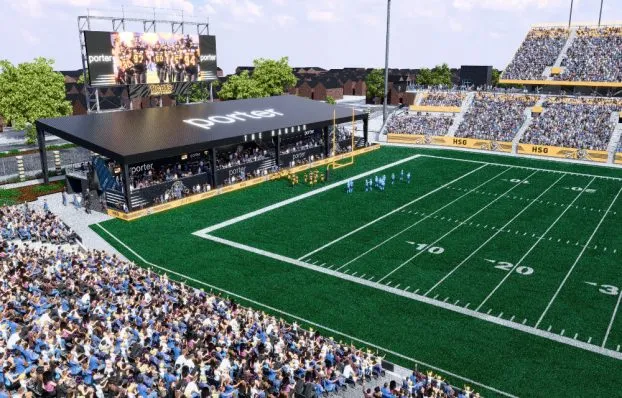
Introduction to Barcelona
Barcelona, the capital of Catalonia, is a city that seamlessly blends history, culture, and modernity. Its rich heritage, showcased through striking architecture and vibrant streets, makes it a global tourist destination. This article delves into the significance of Barcelona in contemporary Europe, focusing on its cultural dynamism and innovation.
The Cultural Landscape
Known for its unique blend of Gothic and Modernist architecture, Barcelona is home to UNESCO World Heritage sites, including the famed Sagrada Familia and Park Güell, both designed by the renowned architect Antoni Gaudí. The city’s artistic flair is further highlighted in the bustling streets of La Rambla, where street performers and artists contribute to its lively atmosphere. In 2023, the city has also seen significant investment in preserving and promoting its cultural history, with several initiatives aimed at fostering local artists and artisans.
Barcelona’s Economic Growth and Innovation
Beyond its historical significance, Barcelona is emerging as a hub for tech and innovation. Recent statistics from the city’s government indicate that the tech industry has grown by over 25% in the last year, making it one of the fastest-growing sectors in the region. The Mobile World Congress, which returns in 2023 after being canceled in previous years due to the pandemic, has solidified Barcelona’s position as a leader in technological advancements, attracting global companies and startups alike to its shores.
Tourism and Sustainability Efforts
Tourism remains a critical economic driver for Barcelona, attracting millions of visitors annually. However, in recent years, the city has been grappling with the challenges of overtourism and its environmental impact. In response, city officials are implementing sustainable tourism practices, including limiting the number of visitors to iconic sites and encouraging eco-friendly transportation options. The emphasis on sustainability signifies a shift in how urban tourism is managed, setting a precedent for other cities worldwide.
Conclusion: The Future of Barcelona
Barcelona represents a captivating fusion of history, culture, and modern innovation. Its continuing evolution as a tech hub and commitment to sustainability makes it a model for urban living in the future. As the city gears up for more international events and embraces a sustainable tourism model, it remains a destination that captures the hearts and minds of visitors while paving the way for a brighter, more innovative future. The path forward for Barcelona is not just about preserving its rich heritage but also about harnessing its potential for growth, making it a city to watch in the coming years.



